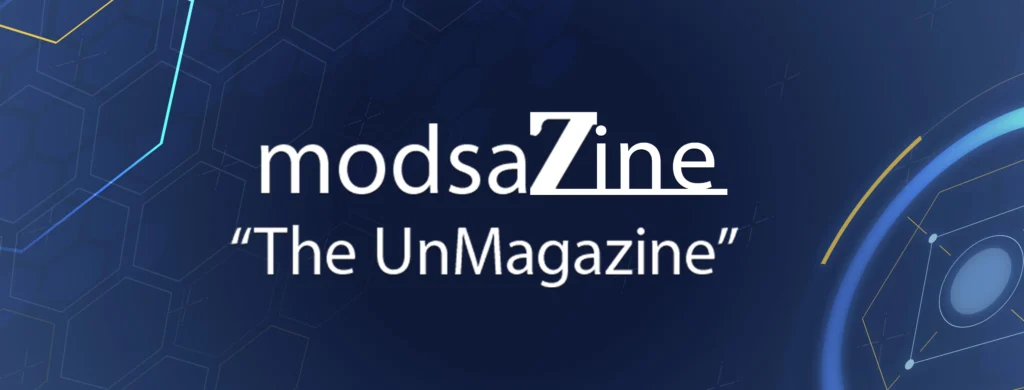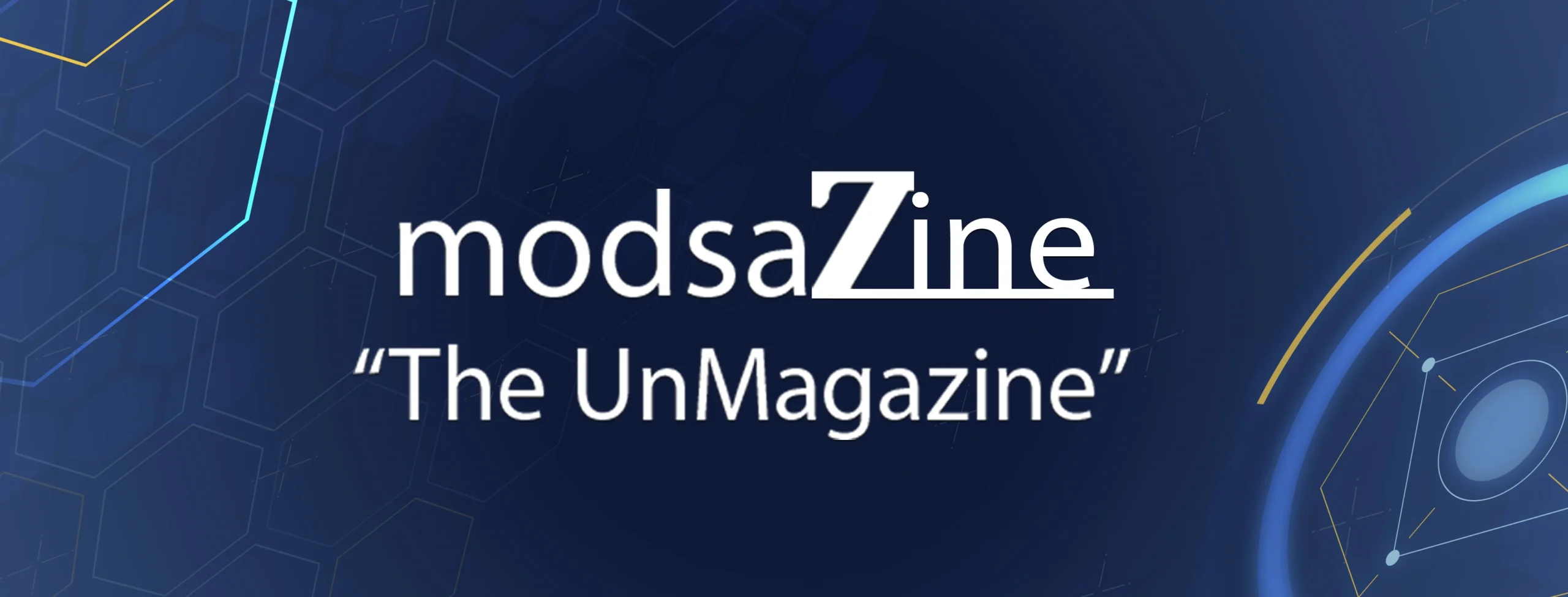The author’s views are entirely their own (excluding the unlikely event of hypnosis) and may not always reflect the views of Moz.
Large Language Models have taken the world by storm in recent months. In today’s episode, Tom goes over some of the new threats to Google from recent advances in machine learning models like ChatGPT, and how Google might react to those threats.

Click on the whiteboard image above to open a high resolution version in a new tab!
Video Transcription
Happy Friday, Moz fans. Today I want to talk about some of the threats posed to Google by recent advances in large language models and natural language processing and chatbots and this kind of thing.
I want to talk about how Google might react to some of these threats because that’s obviously going to affect us, whatever happens, as SEOs. Now the lens that I want to look at this through is think about some of the different kinds of query that we currently use Google for. Really it’s kind of an artifact of Google’s dominance in the last decade or two that we use Google as the go-to tool for such a varied set of uses.
So I’ve got some example searches here, and obviously this is just some random things that came into my head. This is not representative of everything people use Google for, which is even more varied. But I’ve got like a commercial query, “running shoes £ 50.” So a lot of people know now and the data has been around for a few years that Amazon is actually a bigger product search engine than Google in the U.S.
More product search journeys start on Amazon than on Google. So that’s not anything to do with large language models, but that’s sort of some context to this scenario for Google. Then we’ve got things like “pancake recipe,” sort of very informational, uncontroversial where, yeah, actually a chat AI can do a pretty good job just sort of aggregating all the different recipes that it’s consumed in its training set.
“COVID symptoms” way more authority sensitive query, right? So at the moment, this is kind of a strong point for Google because, weirdly enough, as consumers we trust Google more than we might trust something like an NLP model right now. Then “Moz blog,” so this is your bread- and-butter navigational web search, where really a web search engine, this is what they originally set out to be good at, and they are the sort of natural tool for a problem like this.
Whereas for some of these other ones, it’s not obvious that what I want is a website at all, let alone a web search engine. Now I think the interesting thing here, so I talked about how Amazon was probably the natural competitor for some of these product queries, but it’s a more complex picture than that.
So though Google is trying to compete directly with this threat with things like the product updates, making sure that they are a good product search engine, and if you want to be a bit conspiratorial, you could say, well, maybe they’re trying to make sure that Amazon affiliates aren’t too dominant in the SERPs. It’s also the case that these are big money terms for Google in terms of AdWords.
But like I said before, we’re using Google for everything these days and have done for some time. Part of that is making sure that you’re locked in with these kinds of queries. You get in the habit of using Google. You’re in their ecosystem, so you’re more likely to use them for this kind of thing. Now I’ve written loss leaders here, and I think that’s an interesting concept, an interesting way of thinking about this.
In retail, you might have a loss leader, which would be a product that the store does not make much money on or it might even lose money on, but they’ve got you in, so you’re going to buy the high-margin products as well. So these kinds of query, these are not so obviously easy to monetize, but they can be loss leaders to get us engaged when we do make these high-margin searches.
Now that’s kind of why I’ve included this search here because I want to explain why these searches, which might seem like they are not … something like a chat AI response to this is actually very expensive to produce relative to how easy it is to monetize.
You can kind of see that with how Amazon and Google have both struggled to make money on their sort of home chat devices, Alexa and I think it’s called Google Home. They both sort of struggle to make money on those because these kinds of query are hard to monetize.
But they are loss leaders that will engage you for this kind of thing. So that’s why they’re important. Obviously, for this kind of query, this is the one where Google is most obviously threatened by things like the new Bing and things like ChatGPT and that kind of technology as an alternative to a search engine for now.
So how might they respond to that? Well, obviously, if you can’t beat them, join them. Google is launching Bard. Their original announcement on February 6th and most sort of logical predictions are that, well, suggest that it was going to end up in the SERPs sooner or later.
At the moment, it’s a separate interface to SERPs. But it seems like it will end up looking like a SERP feature sooner or later. Then we should expect to see more and more sort of Knowledge Graph results. At the moment, there are a lot of things you can search for on Google where you won’t see a website as a result. If you search for something like “five liters in gallons,” then you won’t see a website as the top result.
You will see a Knowledge Graph result, and I’d expect that to become more and more common because that is a better answer for these kinds of queries often than showing a website. Now what about COVID symptoms? What about the more authority sensitive query? Well, I’d say the threat here is kind of the other way around. It’s not that Google thinks you might use a chatbot to ask for COVID symptoms, although in time you might.
It’s more that if Google’s own results are not high quality, if Google’s own results were written by AI, then they’ve lost their differentiator, right? At the moment, we trust Google more than we would trust some of these new technologies, more than we would trust some other search engines. They need to maintain that edge, and the way to maintain that edge is by making sure that their results are written by people, at least by authorities or at least checked by authorities.
Whereas some of these alternatives are not. So that’s why you see things like the Helpful Content Update, which now looks extremely prescient, that was late last year, and also core updates. The core updates are Google refining and improving its algorithm over time, but making sure they stay ahead of the game.
Similarly, that goes to these kinds of queries too. They have to make sure they’re still the best at this kind of thing. At the moment, things like Bard and things like the new Bing, the chat interface on new Bing don’t really work for web search. But in time, there’s no reason why they couldn’t. So Google has to maintain an edge in this area as well.
So that was a quick, whistle-stop tour through how I think Google might react to some of these new threats. Let me know what you think on Twitter or on Mastodon or on any other or on LinkedIn or on Facebook. I’d love to hear more people’s opinions about these kinds of emerging trends.


